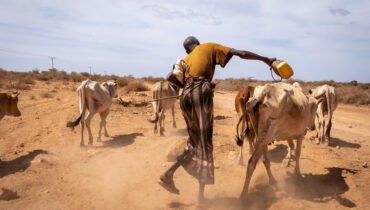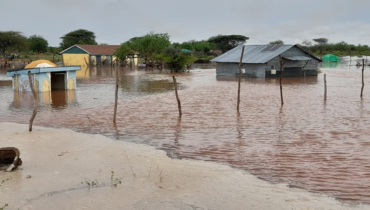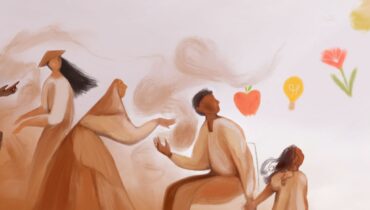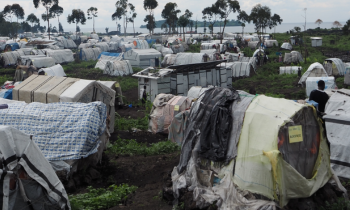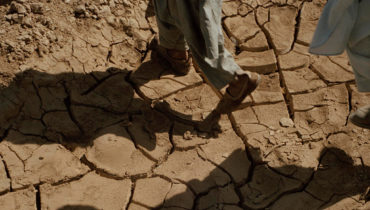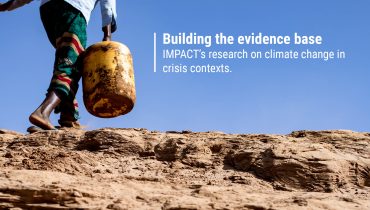DRC: Assessing the environmental impact of the increasing presence of refugees and its consequences on peaceful cohabitation around Inké camp
15 May 2017
Since the outbreak of the crisis in the Central African Republic in 2012, more than 60,000 refugees have fled to the northern part of the Democratic Republic of the Congo (DRC).To accommodate part of these refugees, the Inké camp in the North Ubangui region was opened in June 2013, welcoming nearly 4,000 refugee households as of 20 January 2017. The arrival of these refugees, together with the resulting expansion of the camp, have increased the demand for natural resources in the region, which are shared with the local population living near the camp, raising the question of the impact on both local ecosystems and the relationships between populations.
To assess the impact of the expansion of the Inké refugee camp on the use of natural resources and the consequences of this use on the peaceful cohabitation between refugees and local communities, REACH conducted camp and natural resources mapping activities in February 2017, thanks to the support from the Bureau of Population, Refugees, and Migration (PRM) and in close coordination with UNHCR and ACTED. Eight community discussion groups and participatory mapping sessions were held with members of the refugee and local populations in the camp and village of Inké.
Despite growing concerns about deforestation and overexploitation of natural resources around the Inké camp, mapping sessions revealed that the threat of overexploitation does not exist for the short and medium term thanks to existing regulations of access to farmland. Either formal or informal, such agreements have indeed allowed a sustainable exploitation of natural resources and ensured peaceful cohabitation. Where no official or tacit agreements are in place, instead, tensions between refugee and local populations are prompt to emerge. This is especially the case for wood harvesting and fishing activities. Women were found to be particularly vulnerable to community tensions, as they engage more in such activities than men.
Countering such tensions and promoting the sustainable use of natural resources requires to develop long-term strategies to strengthen both the capacities of refugees, in a perspective of return to the Central African Republic, and local capacities to facilitate the peaceful integration of those who will not return.
Read REACH Assessment Report on Natural Resources and Cohabitation around Inké Refugee Camp at this link.




